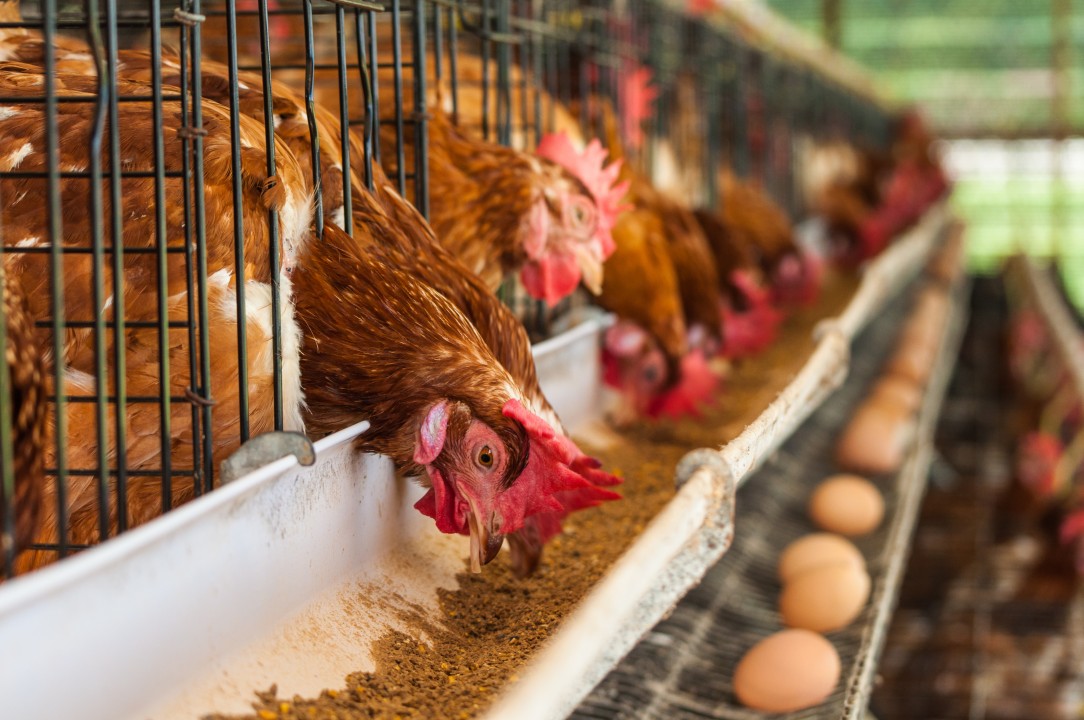By Ndumiso Tshuma
Many farmers have reported a decline in egg production from their poultry during cold weather and the winter season.
Dr Enock Machingauta, a specialist in poultry health care at Econutrivet and an advisor at Upwise Framing Company, suggests farmers follow certain procedures to maintain the health and growth of their chickens.
He noted that the main factors contributing to this decline in winter are the shorter day length and cold weather. He advised that farmers use artificial lighting to simulate longer days and maintain a consistent day length of at least 16 hours.
“Many farmers wonder why birds drop egg production during winter despite eating the same feed and following the same management practices. The change in day length and cold weather are the main factors resulting in this drop. Day length plays a major role in controlling reproduction and egg-laying in hens. Shorter day length is the primary reason for a winter slowdown. Light stimulates the hen’s body to release a yolk from her ovaries, which will be turned into an egg.
It makes sense to add additional light if one wants to maintain production. Artificial lighting needs to be maintained at a constant day length of at least 16 hours. Providing extra light in the morning and evening, overlapping with natural daylight, helps maintain production. Much of the extra hours of light should be added early in the morning to avoid having birds that lay in the afternoon,” said Machingauta.
In addition to artificial lighting, Dr Machingauta stated that maintaining the optimal humidity range is crucial for healthy egg production. He mentioned that the ideal relative humidity (RH) range for chickens is between 50-60% for layers, 60-70% for broilers, and 70-80% for breeders.
“Maintaining the optimal humidity range helps prevent respiratory issues, reduce stress, promote healthy growth and egg production, and minimise dust and ammonia levels. However, humidity levels above 80% can lead to moisture-related issues, while levels below 40% can cause dryness and discomfort for the birds. It’s essential to monitor and control humidity levels in the poultry house to ensure the health and well-being of the flock,” he said.
Dr Machingauta also stated that in Zimbabwe, where cold conditions occur between May and August, farmers should be aware of the mild temperatures ranging from 10 to 20 degrees Celsius (50 to 68 degrees Fahrenheit). He added that this period is characterised by shorter days and colder nights, which can affect egg production.
“Brooding, the process of raising young chickens, requires special care in winter to keep the chicks warm and healthy. Shorter days and colder nights can affect egg production, so one must attend to their flock three to four times a day to ensure the chicks have adequate warmth,” said Dr Machingauta.
To decrease low egg production in winter and cold conditions, Dr Machingauta suggested that farmers use heat lamps, brooders, or gas heaters to maintain a temperature of around 30-35°C (86-95°F) for young chickens. Insulating the brooder with materials like straw, hay, or shredded newspaper can also help keep the chicks warm.
“Monitor the temperature to ensure it remains consistent, and adjust as needed to prevent overheating or chilling. Maintain humidity to prevent respiratory issues, but ensure good ventilation to prevent ammonia buildup. Provide adequate feed and water, offering starter feed specifically formulated for young chickens, and ensure access to fresh, clean water. Protect from predators by keeping the brooder secure to prevent harm from snakes, rats, and birds of prey,” said Machingauta.
Dr Machingauta also noted that vaccinating and closely monitoring the health of the chickens, along with following proper biosecurity measures, will increase production and growth.
“It’s essential to monitor and control these factors to ensure the health and well-being of your flock. Follow a vaccination schedule and monitor the chicks’ health closely to prevent diseases. Remember to follow proper biosecurity measures and consult with a veterinarian if you have any concerns,” said Machingauta.

